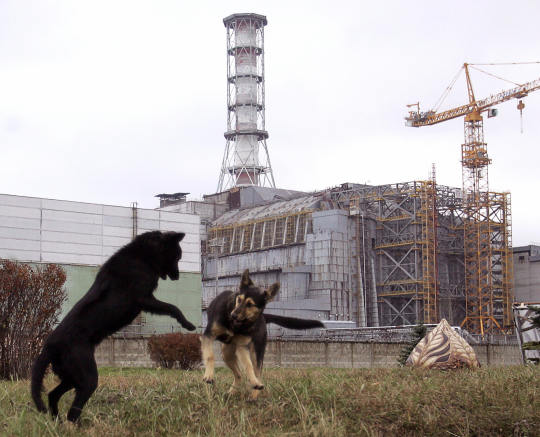voydist
102 posts
what’s tonight to eternity?24 they/he
Don't wanna be here? Send us removal request.
Text

the age of psych warfare
heat straight to your mind
2 notes
·
View notes
Photo

A shielded dummy in a basement for atomic bomb testing in Nevada, March 1953.Photograph by Volkmar Wentzel, National Geographic
4K notes
·
View notes
Text


Satoshi Kon - Perfect Blue (1997)
David Lynch - Lost Highway (1997)
282 notes
·
View notes
Text
I’ve recently confirmed to myself that shuzo oshimi is probably my favorite mangaka after devouring three of his works in quick succession: flowers of evil, blood on the tracks, and welcome back alice in that order. for me, I feel a kinship and connection personally to him through his meditations and his personal anecdotes he often provides at the end of chapters, volumes, etc. while I loved the aforementioned three, and have found many things to say about them, I thought a return to happiness, the first of his I ever read, was necessary to move forward.
It has been over three years since I’ve read it, and I felt a disconnect. Upon reading his other works, I found understanding them to be quite easy, but when I first read happiness, it did not quite stick; I knew I liked it, but beyond the surface, I couldn’t tell you why. Now, I can certainly say “I get it.” (in my own interpretation. also spoilers for the manga ofc)
while it is about alienation, illness, navigating life and finding happiness despite one’s afflictions, I found the violent ideations of society to be just as important. there are many instances of the media highlighting violence: murder, kidnappings, general fear mongering, and many of the side characters express those concerns. the vampires themselves are vessels of the conflict: the ritual of drinking blood for survival, to kill or be killed, characters like yuuki falling to his carnivorous thirst and killing those closest to him. the death cult sprung up by the psychopath sakurane who himself resorted to violence all his life as an outlet. the shadow organizations that seek to capture and dissect the vampires, destroy them in order to understand them. the afflicted, our vampires, stand in as these people whom exist outside of the “average” human, and become a monolith for the call of violence. normal humans can’t understand them, so they lose their minds over them, obsess and destroy, while the vampires themselves on want to survive. their violence is no different than that which man causes; we all grapple with it no matter the reason.
I find there is this prevalent “light and dark” back-and-forth that oshimi uses to present is main thesis of finding happiness in your life; the opposite of that being the deep evil of violence. our main characters have to overcome the ease of it, succumbing to the darkness, in order to move on and find the light. for a human like gosha, it’s a bit more nuanced, as her darkness is not moving on from her lost brother, not living for herself, and falling into dangerous scenarios because she feels the need to save someone over herself. yet it ultimately falls on makoto, the case point representation of the duality as well as the key to gosha’s obsession, to save her and free her from the cycle; as if it’s her lost brother letting her go. in turn, makoto is one of our vampires who must face the darkness forever. but through those he meets, he is able to have a dream, a small light at the end of a never-ending tunnel, to keep going. saku tells him he sees humanity in makoto, nora, much like gosha, sees someone they once loved in him. makoto himself is the reminder to keep love in your heart and keep living.
I have always loved vampires—all that they represent, stand for, exude—so it’s another point of vindication that oshimi also likes them and included them in a work of his. it makes sense why this was the first of his I read, and returning to it has allowed me to really appreciate it more. I’ll end it there, I could keep going as always, but I hope I was able to get my point across. thanks for reading. go read happiness.
vx.
#txt#shuzo oshimi#happiness#vampires are cool and amazing and I love seeing them#blood and violence make the world go round
1 note
·
View note
Text
1 note
·
View note



















